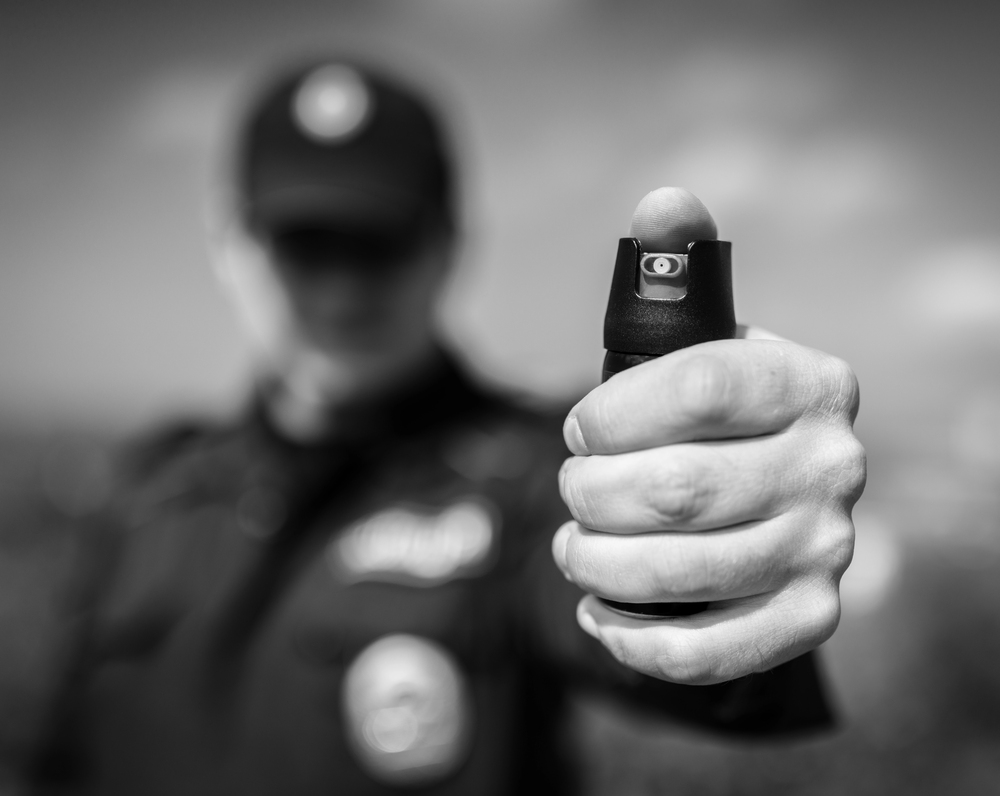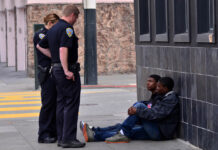When a participant had an anxiety attack, instead of receiving compassion from law enforcement, they were met with pepper spray. This incident is just one of many highlighted in a new study that explores the traumatic impact of police involvement in mental health crises in Australia.
The study, co-produced with individuals who have lived through these experiences, reveals a disturbing pattern of excessive force, misidentification, and lasting harm. As calls for reform grow louder, the research underscores the urgent need for alternative, peer-led approaches to mental health emergencies. They write:
“Police are implicated in the systematic criminalization and over-representation of people with diagnoses of mental health conditions in the criminal justice system, as they are subjected to excessive police contacts, stops, searches, fines, and criminal charges (Police Accountability Project 2019).”
The study conducted by Rory Randall, Hamilton Kennedy, and colleagues suggests that police interventions in mental health crises often do more harm than good. By interviewing twenty individuals with lived experience of police apprehension under mental health legislation, the research highlights how excessive force, such as pepper spraying, tasering, and physical restraint, exacerbates trauma and leads to significant personal and social consequences.
The findings suggest that current practices mirror coercive methods used within mental health services, creating a seamless but damaging continuum of force. Participants overwhelmingly advocate for non-police, peer-led response models grounded in human rights and dignity. This study not only challenges the status quo but also lays the groundwork for reimagining crisis intervention in ways that prioritize empathy, respect, and the lived experiences of those in mental distress.
















Prison prisoner. You arrest yourself. You are cuff and judge and jury yourself. You no bail yourself then jail yourself. Police is violence to police and to us all. The spiritual consequences of being a police officer are really not good, because social authority is fundamentally evil, because authority without love IS evil.
Report comment
Some police are good, but some go into policing for the wrong reasons. I agree with you, that authority without love is evil. We have to do everything with love.
Report comment
I am a civilian member of the Toronto Police Services Missing and Missed Implementation Team. I have met some wonderful police officers who truly help people. But I have also heard horror stories of neurodivergent people being beanbagged, tasered, shot, being punched in the face and having their eye sockets broken, etc. As an autistic person, this terrifies me. I afraid the police may kill me when I am disregulated. The excuse is always “the person had a weapon” but the definition of “weapon” is so broad, that any slightly sharp item can be called a “weapon”. One man carrying garden stakes was allegedly tasered, allegedly beanbagged and allegedly kicked. The garden stakes looked flimsy in the photo and likely would have broken if he tried to use them as a weapon. Toronto thankfully has a non violent alternative to police called the Toronto Community Crisis Service, with organizers like TAIBU. I call their service the Taibulance. I would choose the Taibulance any time over police.
Report comment
Running is a stim behaviour called eloping or bolting. The body needs to move, and the running calms the mind. Police blocking stims escalates the person as it removes a coping strategy.
Report comment
The Use of Force Model is very similar to an Integrated Pest Management model, with a priority towards least harm to lethal as a “last resort”. Integrated Pest Management is not compassionate nor effective for animals. And Use of Force Model doesn’t remove the antecedents towards the issues either. Police are basically exterminators. I have met exterminators who do love animals and try not to kill animals, but the point of exterminators is not to rescue animals nor treat them with compassion. It is to control them. A compassionate civilian model is what works better than police.
Report comment